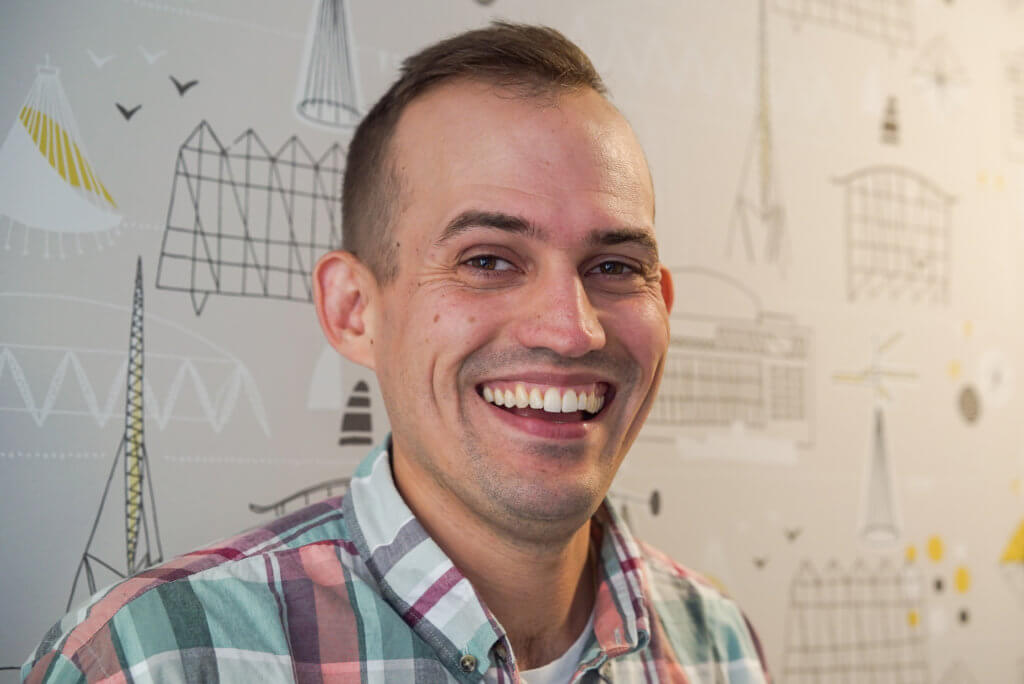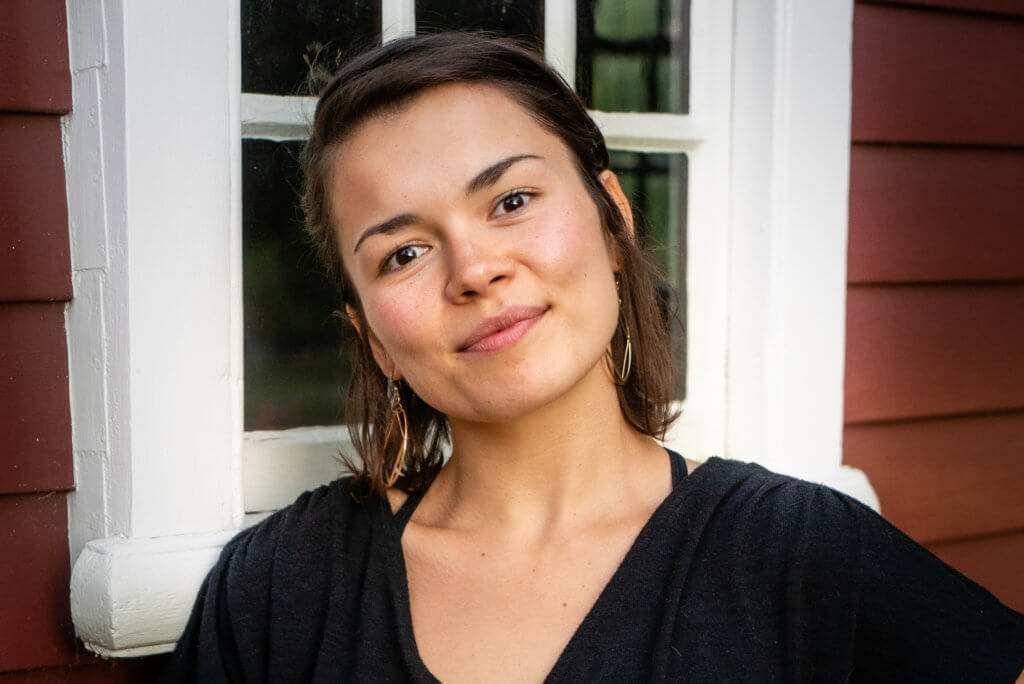Episode
Highlights
wearing many hats
In Iraq, Kamal is a man who wears many hats. He’s an interpreter for the U.S. Army. For a year, he helps soldiers and doctors at a hospital communicate with Iraqi patients. And with all this going on, Kamal also finds time to earn a master’s degree studying ancient literature. As he’ll proudly tell you, Kamal is the first person on the Arabian peninsula to write a thesis on love in the work of the Greek poetess Sappho. One of the few possessions he has with him from Iraq is a hardcover copy of his master’s thesis.
BEING YAZIDI
“The Yazidis, we consider ourselves to be an old religion that’s related to the Sumerian and Babylonian civilizations, in those times when the sun was the center of the worship. We believe in God, and we believe in peace, and we love people. We pray for the peaceful of our neighbors, our friends, all others.”
—KAMAL
"I AM OUT OF WORDS"
“My people ran away, fled for their lives to the mountains, where they were left for seven days, eight days, without water, without food. And young kids, young children, started dying because of that.”
—KAMAL
The United Nations estimates that thousands of Yazidis are either killed or kidnapped after the ISIS invasion. Women are raped and sold as slaves. The U.N. comes to formally label what happens to the Yazidis a genocide.
“How brutal was this incident? It was very, very horrible. And what can I say about this? I can’t say nothing because I am out of words.”
—KAMAL
BASHIQA TO PROVIDENCE
“Everything is different. Nobody would speak your language. And nobody knows who you are and why you are here. And I didn’t know what to do, where to go. I have no directions. If I walk a block or two, I’m gonna be lost.”
—KAMAL

Kamal | Photo: Alex Nunes
CRACKED LIPS
Kamal writes about the experience of the Yazidi people, and then he posts his poetry on Facebook.
“The cracked lips seeking for water. I ask you to listen, to keep listening silently to the whispers of those people. It is still there, and it is going to be there forever.”
—KAMAL
“Our family gonna be united again, as we were in Iraq. I hope so, and I wish today before tomorrow, because the soon they get here, the soon they learn how life is good here, and how life is peaceful, and how life is prosperous to be in the United States. Being in the U.S., being in America, is a great chance. And I can say it is a great incident to happen to me. It was a great moment.”
—KAMAL


